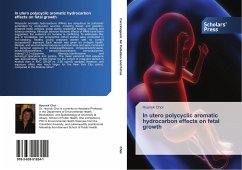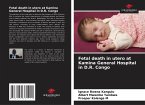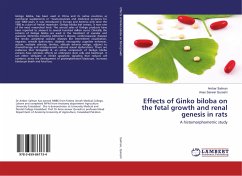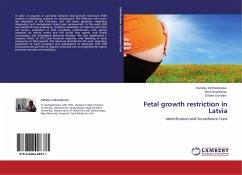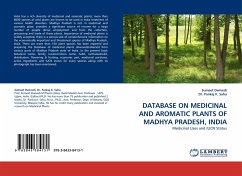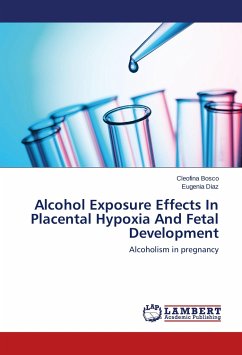Polycyclic aromatic hydrocarbons (PAHs) are ubiquitous air pollutants generated by combustion sources, including diesel- and gasoline-powered motor vehicles, power plants, residential heating, cooking, and tobacco smoking. Although adverse fetotoxic effects of PAHs have been suggested, the evidence on humans is conflicting. To addresses this gap in knowledge, two prospective cohort studies were conducted in non-smoking, healthy young pregnant women with no current occupational exposure. Each woman was given an in-depth health, lifestyle, and environmental exposure questionnaire and were monitored for personal exposure to benz(a)anthracene, chrysene/isochrysene, benzo(b)fluoranthene, benzo(k)fluoranthene, benzo(a)pyrene, indeno(1,2,3-cd)pyrene, dibenz(a,h)anthracene and benzo(g,h,i)perylene and pyrene. The mean personal PAH exposure was approximately 10-fold higher for the cohort of pregnant women in Krakow than in NYC (39.08 vs. 3.56 ng/m3) samples. However, unit exposure effect was much larger for the New York City cohort, compared to the Krakow cohort.
Bitte wählen Sie Ihr Anliegen aus.
Rechnungen
Retourenschein anfordern
Bestellstatus
Storno

